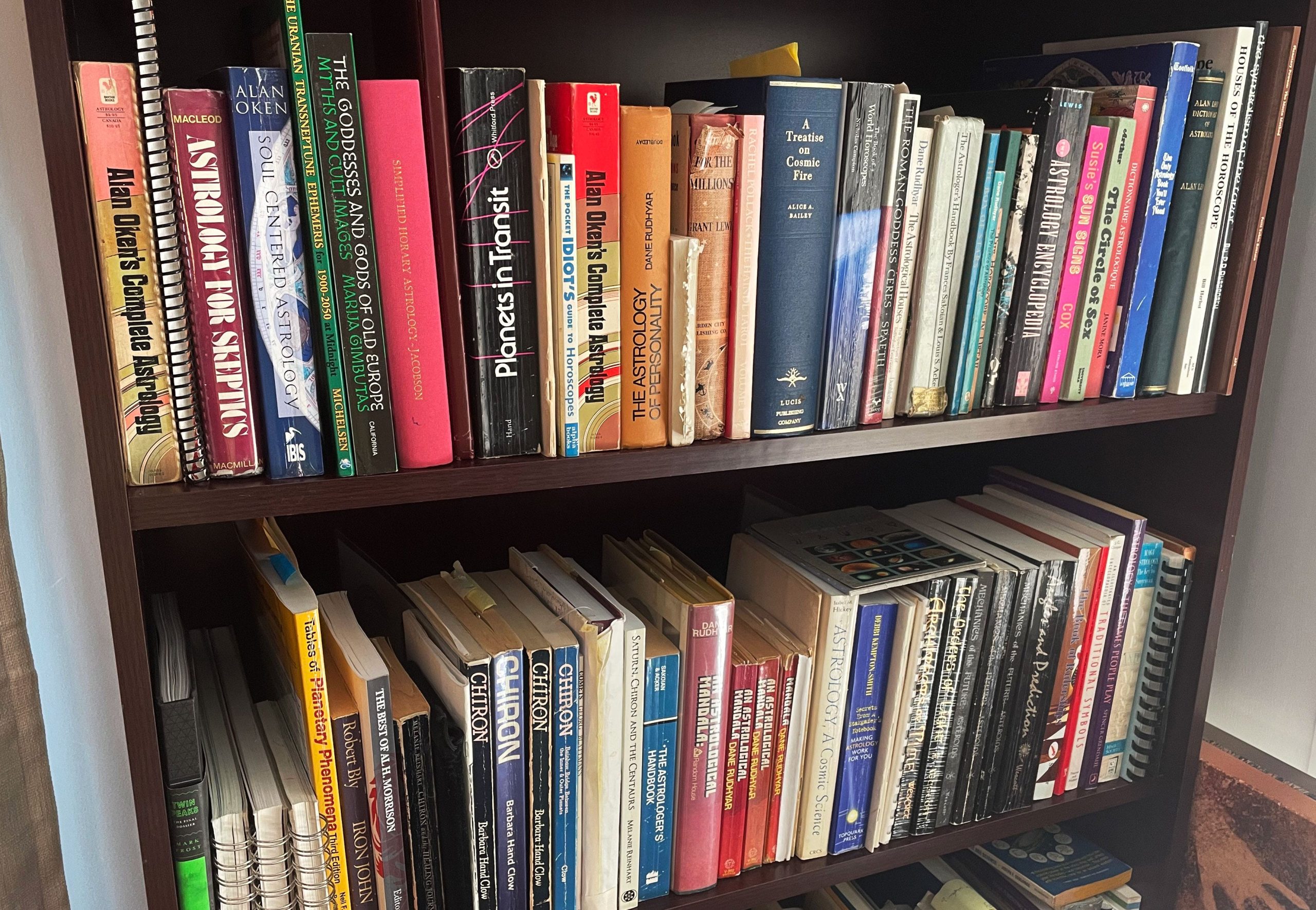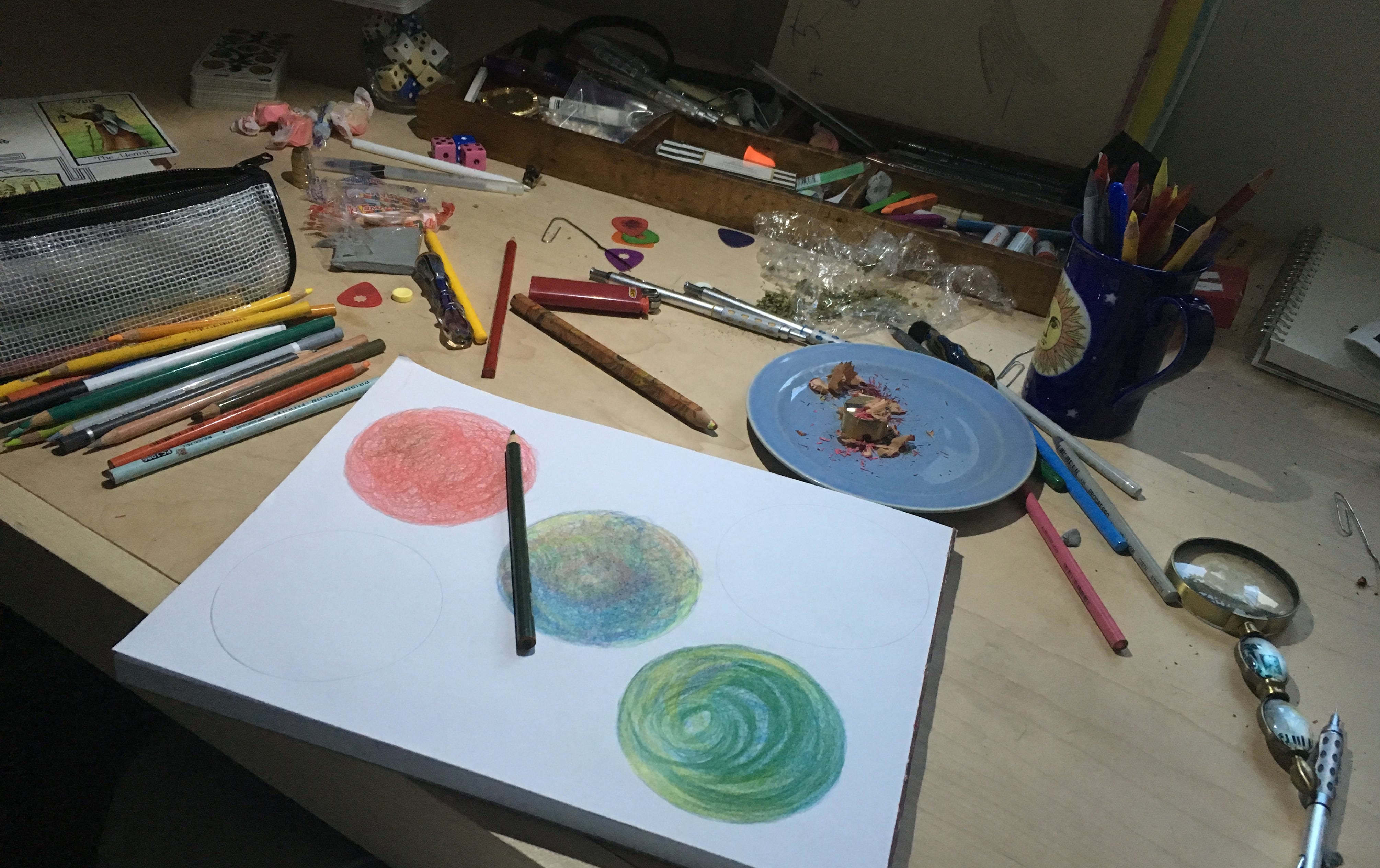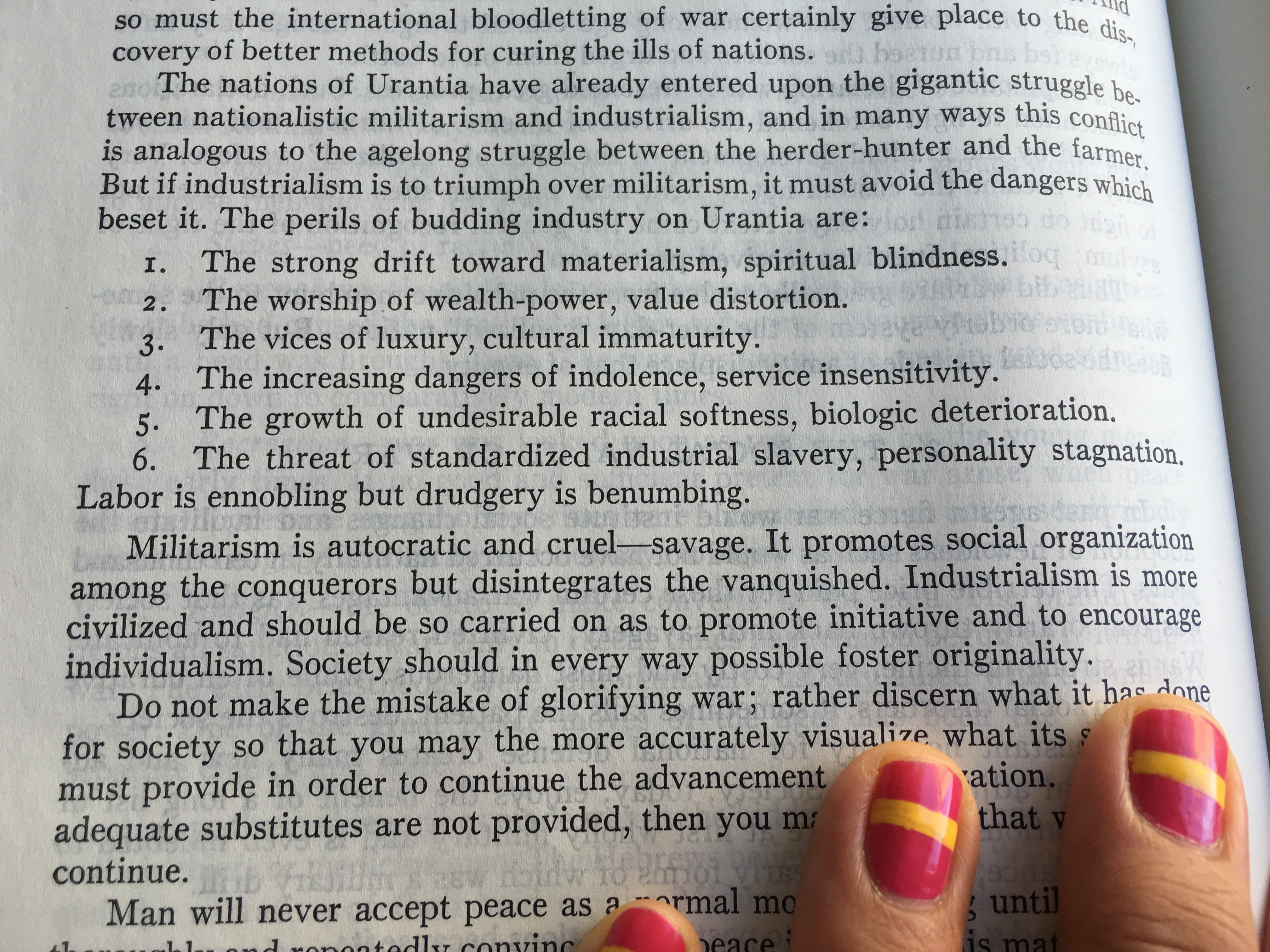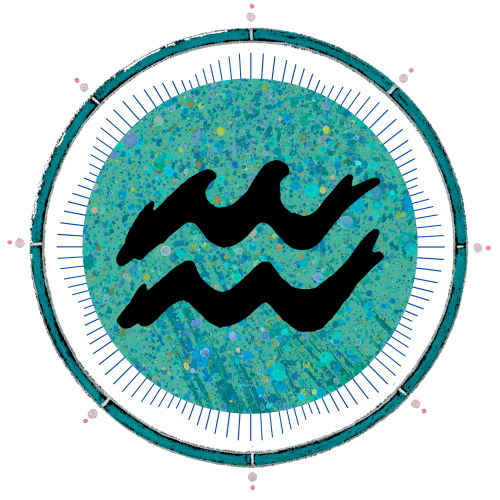
Dear Friend and Reader:
The most important decisions you will ever make are those where you have to discern right from wrong. Grappling with truth might keep you up many nights, such as with situations that involve determining how a decision you will not be able to reverse will impact a relationship, or influence the people around you.
The determining factor in these choices is knowing what is correct for you — something that only you can determine. Or, they are situations where, so far as you know, you must act against your own best interests because you know the interests of someone else are more important.
They are potentially situations without an objective right or wrong; situations that weigh and balance in many different directions.
Such decisions are made using a moral sense that requires exercise and practice. Making small choices helps refine this inner sense so that when it comes time to make the larger choices, you have some dexterity; some developed ability; and some experience seeing the consequences of your choices — which will probably slow you down a little and encourage you to take care.
All decisions require curiosity, using your personal agency, and being aware of consequences. If you want to be human, that comes with the territory. How many times a day does someone say, “Tell me what to do”? I am sure, quite a few.
Let’s Talk About Writing
Writing is hard work. Yes, there are people who make it look easy, but you’re not in their mind when they are preparing, composing, and editing. You are not in their awareness as they struggle over the choice of a single word, or whether to cut a paragraph for being distracting.
As a young student, I was told that writing is 90% thinking. I had not done anything too ambitious at the time, so it took a while to figure out what that meant. One article that would take you 20 minutes to read took me two years to investigate, write and rewrite.
Thinking requires curiosity, and depends on utilizing acquired knowledge. Both have come under hard times in digital conditions. Thinking also insists that you learn how to listen to yourself. Now, ChatGPT is pretending to be you, to you.
Print technology automated the handcraft of the pen and scroll, and completely changed the way that humans relate to ourselves and to existence. The proliferation of books multiplied the number of writers, editors and therefore, thinkers. That evolved over the course of about 400 years.
What this new software technology, in its approximately 30 months as a public commodity, is doing is automating the process of thought itself. Thought and writing are arduous work, and people have long avoided them (by plagiarism, for example).

No Originality, No Feelings
And plagiarism, by the way, is what AI writing is. It is not the creative evolution of the work of one artist based on another. Having no education of its own, and no creative capacity, and no feelings, it was “trained” by consuming the work of every writer whose work was ever uploaded. The result you get is a convincing imitation, until you realize that the outward result is devoid of feeling, of artistry, and of experience.
Of course, if you aren’t able to sense feeling or artistry or wisdom, then there would be no significant difference.
The inward result for the person using the app is to displace grappling with right and wrong — with morals and with ethics, and the choice of words, and what to say when — onto a kind of pocket calculator. But unlike in nearly all mathematics, there is no one right answer to the equation.
What in computer jargon is called the Turing Test used to be, “Is this being really human, or is it a robot?” Today, the Turing Test is, “Was this [language, video, photo, music] created by a human, or churned out in three seconds by a machine?”
Because people become like their technology, usually as a wholly unconscious process, this is a much more important question than we imagine. The more exposed to this technology we are, the more like it we are becoming. This itself is a genre of journalism that you will find on Ice-Nine News.
Society’s Most Important Decisions
For the past few weeks, I’ve been part of an editorial team developing a daily publication about the rise of “artificial intelligence.” I prefer the term “Artificial I” or “Artificial God.” Many people are using these applications as a kind of god they pray to for information.
Some are having what they think are deep and philosophical discussions with programs that never think, live, love or die, but which excel in spewing out sentences.
As during the 2020 crisis, the stories come in waves. Recently there was the wave about bosses determining who to fire, lay off or promote using A.I. devices.
The mass government layoffs, prompted by an A.I. promoter, are preparatory for when these tools replace decision making. What you will be left with are synthetic administrations that will make you long for the days of good old days of reasoning with a relatively ethical and understanding IRS representative.

Automated Ethics and Humanity
Humans have enough problems with right and wrong as it is. But most of what slows us down is some semblance of conscience. We can bypass this with concepts like “shareholder value” and “return on investment” (and therefore sell lots of weapons). But remember, these issues exist on a relatively good day.
What if the decision who to kill, or who is a criminal, is left to Artificial God? You can be sure that it already is — that these “agents” are being used to select targets for ICE raids, to determine the locations of opposition leaders in West Asia, and in many other ways to decide decisions in currently active warfare.
Gradually, human intervention will be diminished two ways. The first is by the applications themselves; the second is by people thinking more and more like the applications.
In other words, our works are not training the AI so much as its results are training humans. It is intervening in that fragile place where people relate to their inner spiritual connection, and their sense of right and wrong.
Lessons From Recent History
The term “social media” turned out to be a lie. It was really anti-social software applications that led to isolation, depression, obsession and loneliness. Social media was also the scene of the 2020 robot invasion, which conditioned people what to believe and happened based on the structure of the software rather than the specific content. The action was invisible.
And we still trust the same people who did this – and their successors — with all of our decisions. These applications have been influencing us for a long time, leading people to believe that they, too, are computers who are subject and enticed toward ‘software upgrades’.
The effects of any overwhelming environment are difficult to see. Patterns are difficult for most people to perceive. Determining right from wrong is often a significant struggle. In the most subtle matters, practicing your ethics is challenging and can be painful.
These programs were sprung on us with a fast and furious marketing campaign that has cost hundreds of billions of dollars. Many people are totally soaked in the technology and are using it to make decisions that affect you.
There is no easy way out. But I suggest you know what you’re getting into, and what you’re inviting in, before you go deeper.
With love,
Your faithful astrologer,






Eric Francis, I appreciate all the work that you do.